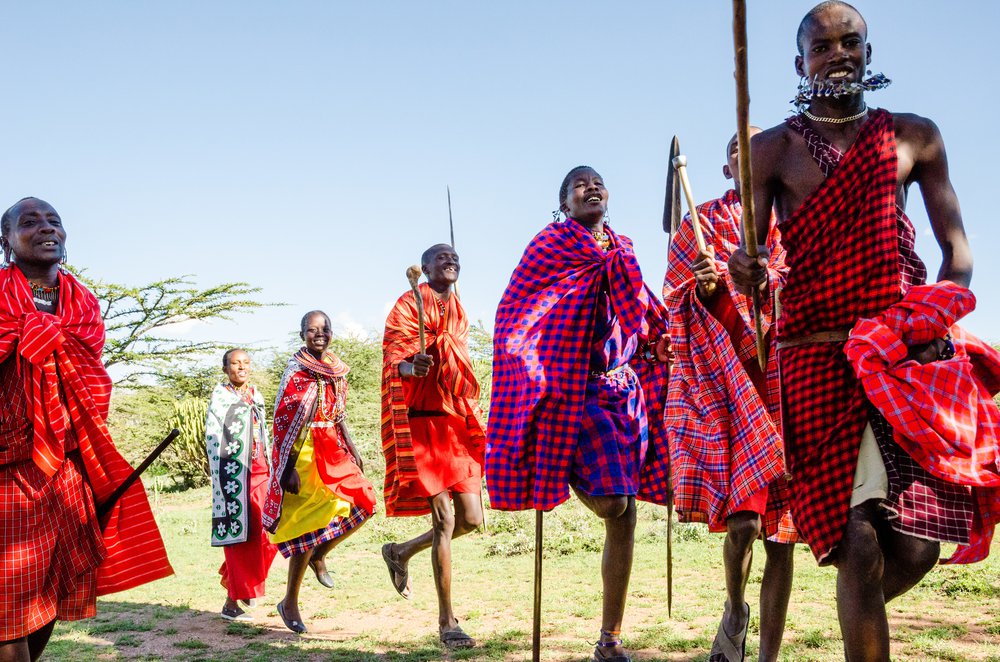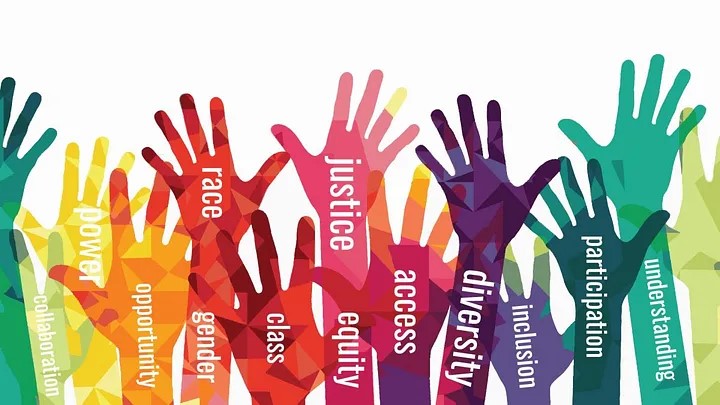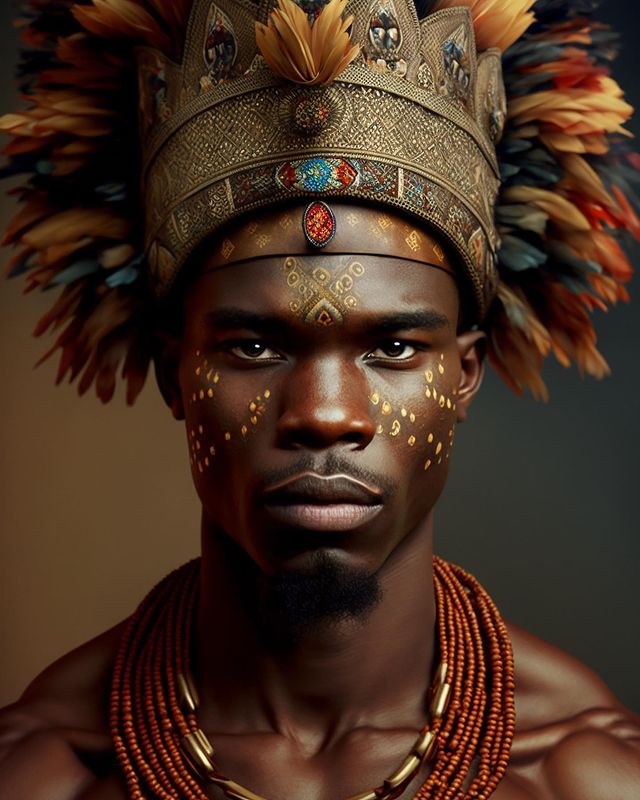Anthropology and Social Justice
Anthropology has a long history of advocating for social justice, using its insights into human societies and cultures to address issues of inequality, oppression, and human rights. By examining power dynamics, cultural practices, and social structures, anthropologists contribute to efforts that promote equity and justice for marginalized communities.

Understanding Power and Inequality
Anthropologists study how power and inequality are constructed and maintained within societies. This includes examining how social hierarchies, economic systems, and cultural norms perpetuate discrimination and exclusion. By understanding these mechanisms, anthropologists can identify pathways to social change and advocate for more equitable systems.
Case Study: Indigenous Rights
One significant area of social justice in anthropology is the advocacy for indigenous rights. Anthropologists work with indigenous communities to document their histories, languages, and cultural practices, which are often overlooked or suppressed by dominant societies. This research supports indigenous claims to land, resources, and cultural preservation. For example, anthropologists have played a crucial role in the recognition of land rights for indigenous peoples in Australia and the Americas.


Gender and Social Justice
Anthropologists also examine issues of gender and social justice, exploring how gender roles and relations shape experiences of inequality and oppression. By studying diverse cultural contexts, anthropologists highlight the ways in which gender intersects with other social categories, such as race, class, and sexuality. This work informs policies and programs aimed at promoting gender equity and empowering marginalized gender identities.
Case Study: Indigenous Rights
One significant area of social justice in anthropology is the advocacy for indigenous rights. Anthropologists work with indigenous communities to document their histories, languages, and cultural practices, which are often overlooked or suppressed by dominant societies. This research supports indigenous claims to land, resources, and cultural preservation. For example, anthropologists have played a crucial role in the recognition of land rights for indigenous peoples in Australia and the Americas.

Anthropology and Human Rights
Human rights advocacy is another key area where anthropology contributes to social justice. Anthropologists document human rights abuses, provide expert testimony in legal cases, and support grassroots movements. Their ethnographic approach allows for a deep understanding of the lived experiences of those affected by human rights violations, ensuring that their voices are heard in national and international forums.

Community-Based Participatory Research
Community-based participatory research (CBPR) is a method that involves communities in the research process, ensuring that their perspectives and needs guide the study.









